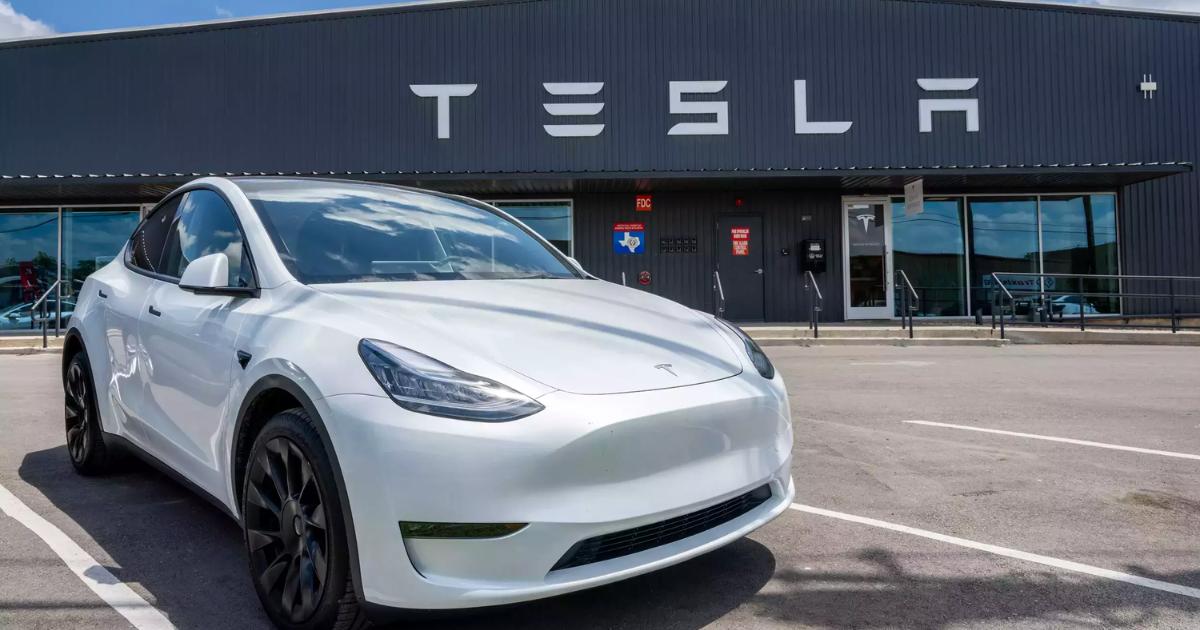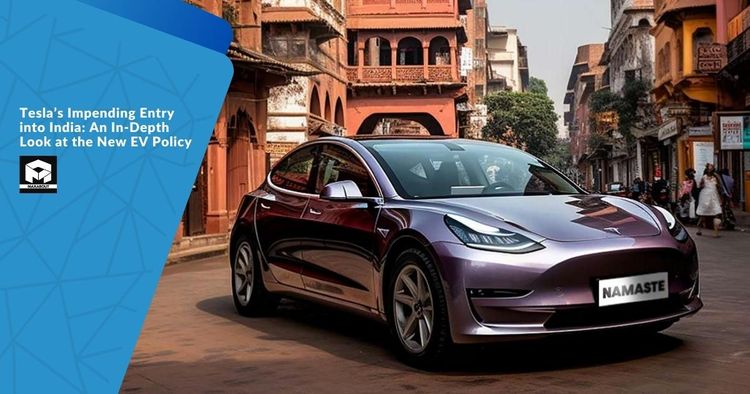The Indian government's recent approval of a new policy for attracting investment in the electric vehicle (EV) space has generated considerable excitement, particularly regarding Tesla's imminent entry into the Indian market. This policy, aimed at positioning India as a hub for EV manufacturing, comes at a pivotal moment in the country's automotive industry, signaling a significant shift towards sustainable mobility.
Key Policy Highlights
- Minimum Investment Requirement: The policy mandates a minimum investment of Rs 4150 crore, with no upper limit specified. This requirement underscores the government's commitment to attracting substantial investments in the EV sector, which is poised for exponential growth.
- Manufacturing Mandate: Participating companies are required to establish manufacturing facilities in India within three years of the policy's implementation and commence commercial production of EVs. This provision is aimed at fostering local manufacturing capabilities and creating employment opportunities.
- Domestic Value Addition (DVA) Requirement: To promote indigenous manufacturing and reduce dependency on imports, companies must achieve a minimum of 25% localization by the third year and 50% by the fifth year. This requirement aligns with the government's Make in India initiative, aimed at enhancing domestic production capabilities.
- Customs Duty Incentive: Companies investing in EV manufacturing facilities will be eligible for incentives, including reduced customs duties on imported vehicles. This incentive is designed to attract global players like Tesla and encourage them to establish manufacturing operations in India.

Impact on the EV Ecosystem
The new EV policy is expected to have far-reaching implications for the Indian EV ecosystem. By encouraging investments in manufacturing facilities and promoting domestic value addition, the policy aims to:
- Provide Indian consumers with access to cutting-edge EV technology.
- Boost the Make in India initiative and strengthen the domestic manufacturing sector.
- Foster healthy competition among EV players, leading to increased production volumes and economies of scale.
- Reduce the country's reliance on imported crude oil and lower the trade deficit.
- Mitigate air pollution, particularly in urban areas, by promoting the adoption of cleaner EVs.
Tesla's Interest in India
Tesla's entry into India has been a topic of speculation for several years. The company's CEO, Elon Musk, has expressed a keen interest in tapping into the Indian market, citing the country's potential as a key growth market for EVs. However, Tesla had been seeking favorable policy changes to make its entry viable. With the approval of the new EV policy, Tesla's long-awaited entry into India seems more imminent than ever.
The Indian government's approval of the new EV policy marks a significant milestone in the country's journey towards sustainable mobility. With Tesla's potential entry into the Indian market, the EV landscape in India is poised for a transformational change. The policy's emphasis on local manufacturing, domestic value addition, and incentives for investments bodes well for the future of EVs in India, setting the stage for a greener and more sustainable automotive industry.

